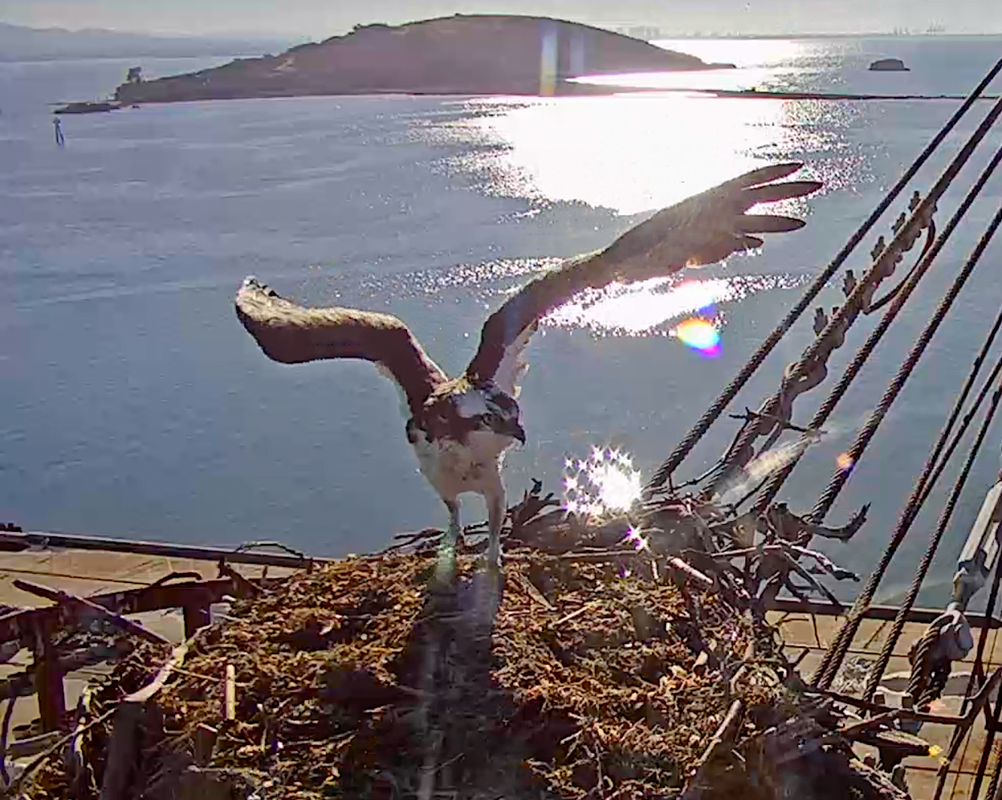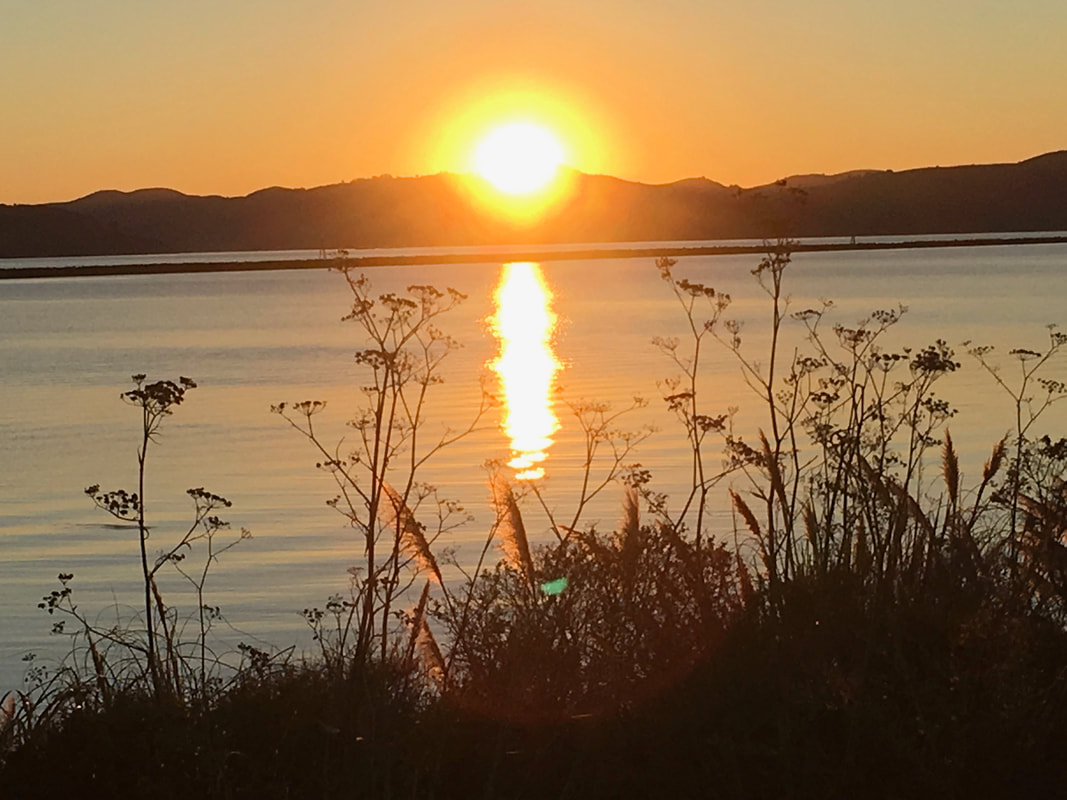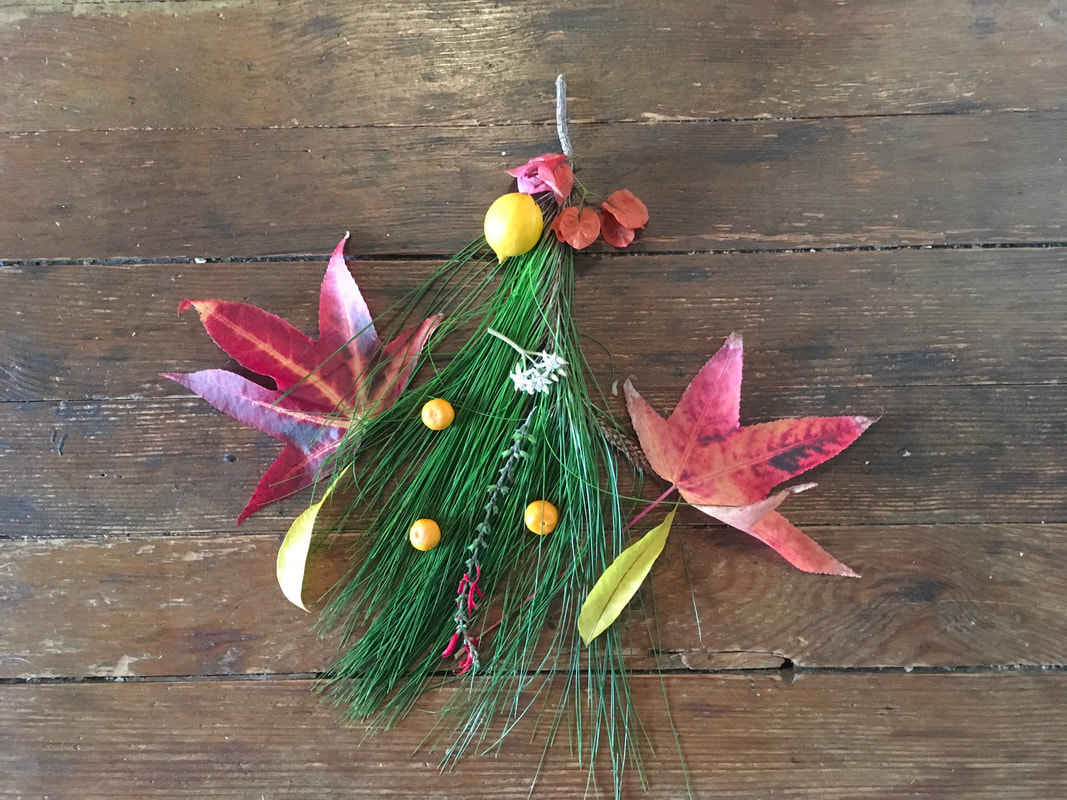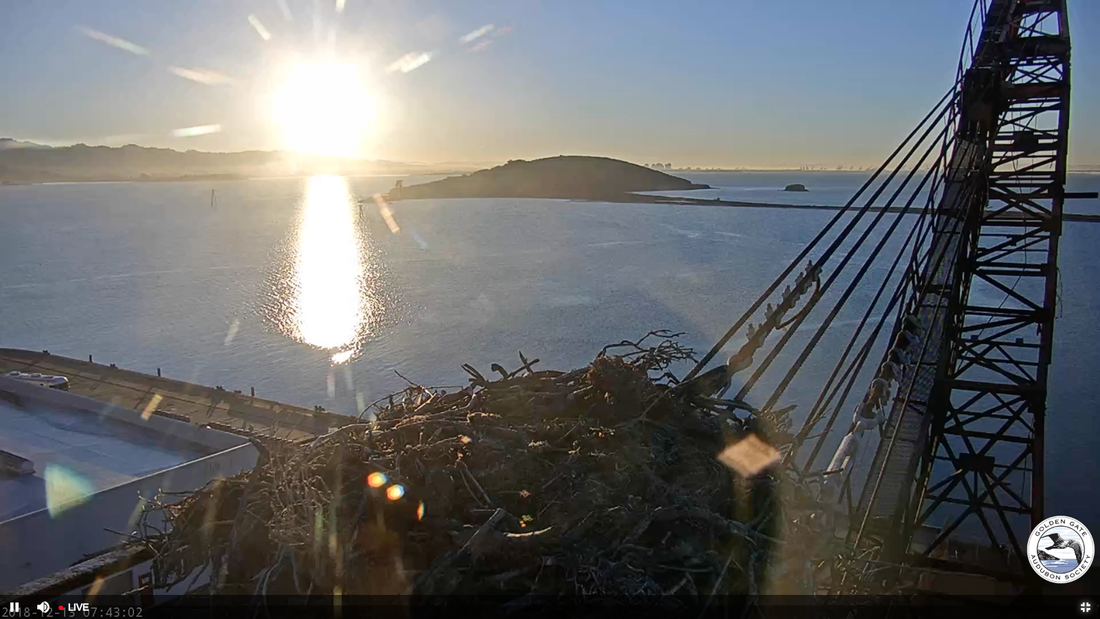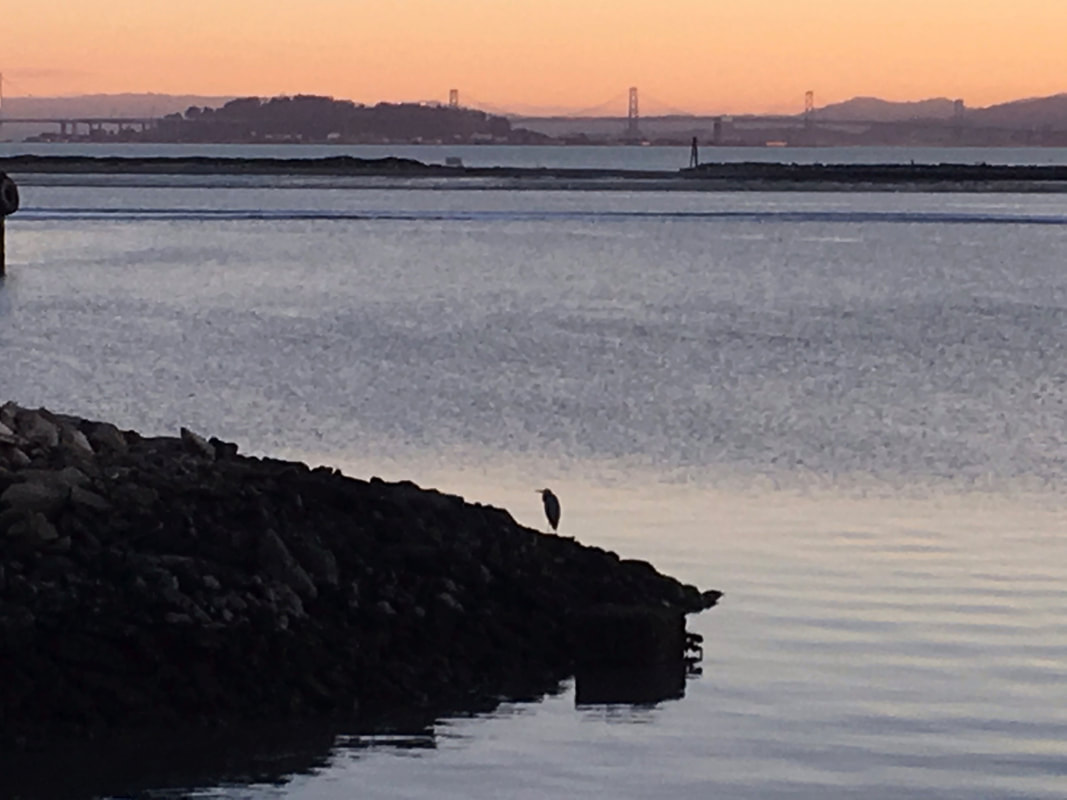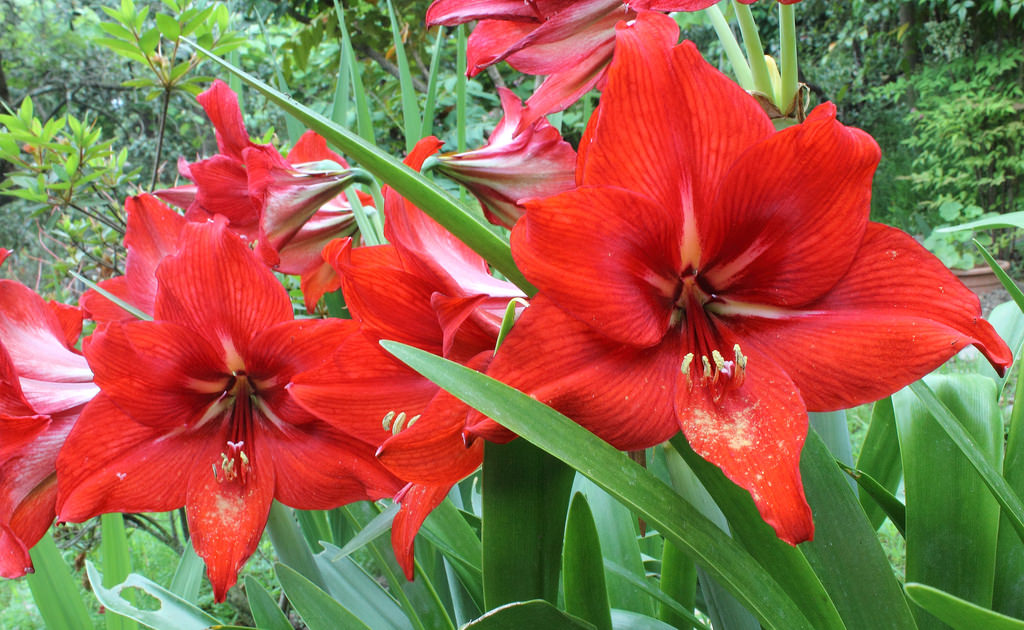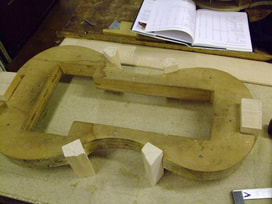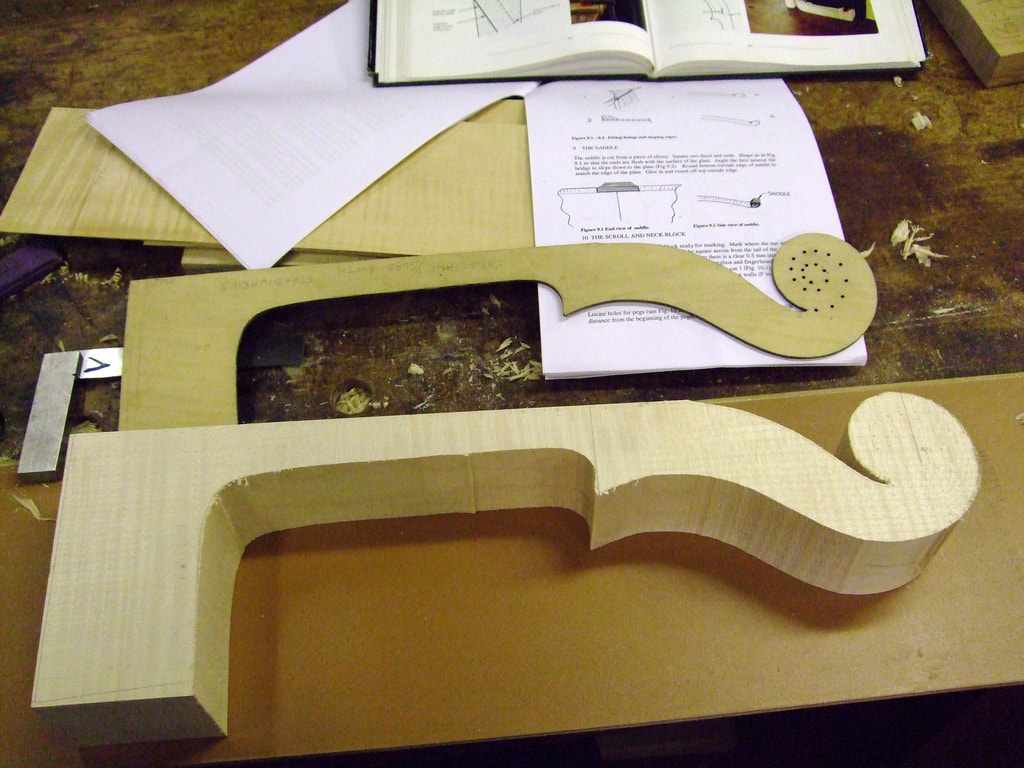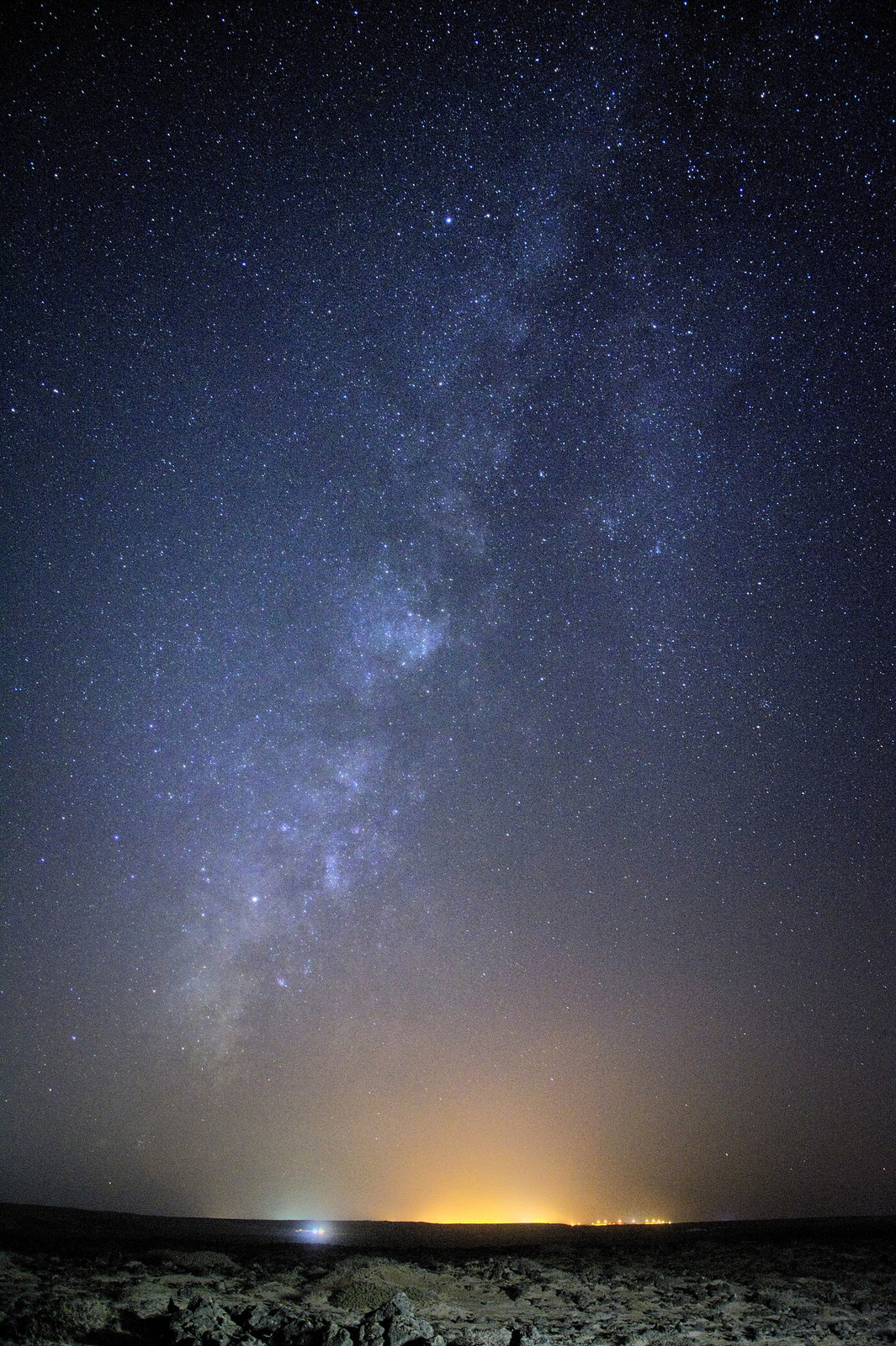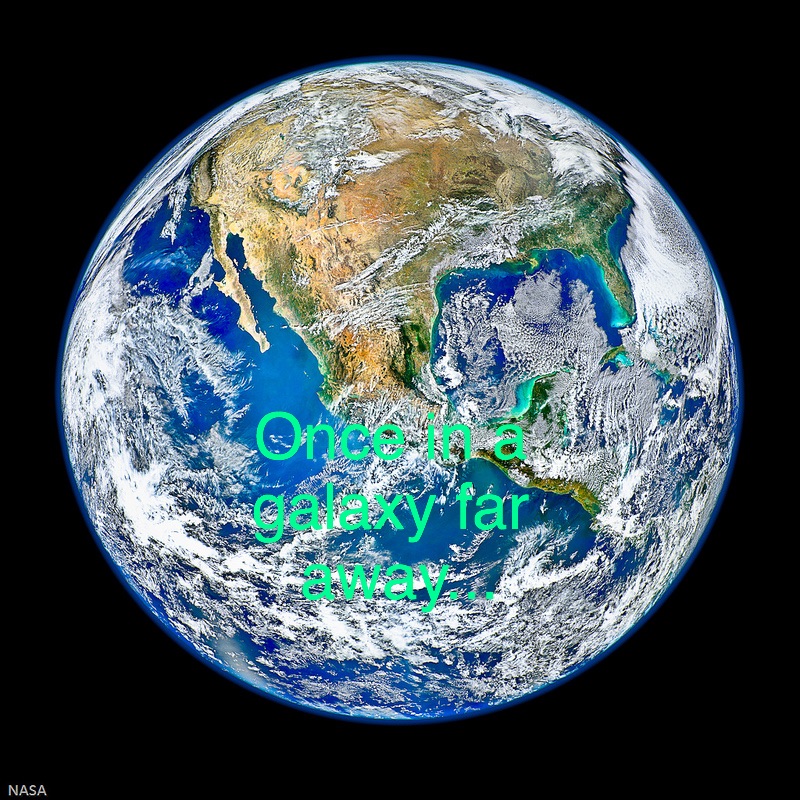May we all seek hope and goodwill this Christmas and in the year to come. And may we try to sow the seeds of kindness and caring wherever we go. Maybe then, those seeds will start to grow and will sprout new attitudes among all. One can always hope!
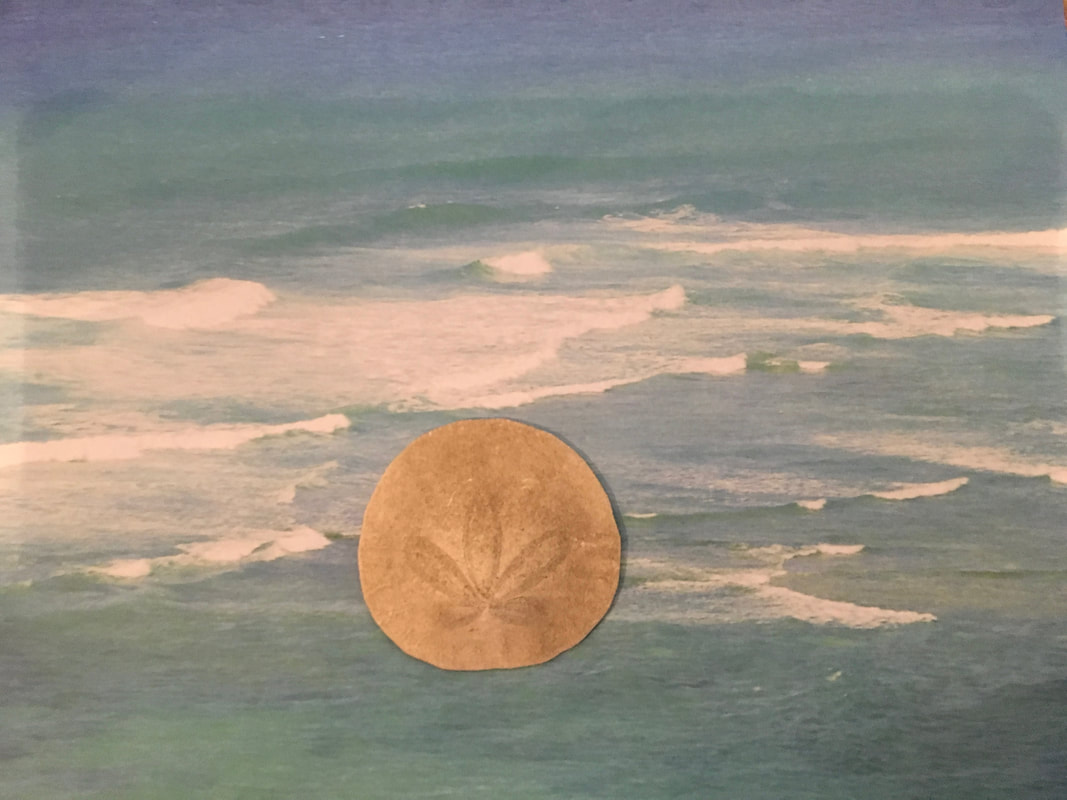 photo by MW
photo by MW “We must rise above the invective,” they said, “and show the path to a better way. We must strive to understand our fellow humans.”
And so controversy grew. Soon, divisiveness was the law of the land and each person increasingly went their own lonely way, separated from family and friends, turning to artificial means of emotional sustenance. But a few still clung together. They met, they talked, and they agreed that there must be a better way.
Summer gave way to Fall. The Autumn winds brought fire to the region. This year, the fires were fiercer than ever before and many homes and lives were lost. The people could construct new houses; rebuilding their lives would be more difficult. There were many heroes who saved lives, many who came from other communities to help; but even here dissent was sown. There was argument over the cause of the fires, there was blame to go around, leaders who said this would not have happened had they been in charge.
The rains arrived, putting out the fires. But the divisions remained. The Winter holiday season crept in. A large decorated tree appeared in the center of the burned town, a gift from a neighboring community. Then a string of lights appeared. In the big city, the lights were lit on the largest buildings as always. The store windows glittered with holiday displays. People began to shop. Traffic grew worse. Many people embraced the holiday fully, shopping after work, decorating trees at home, singing along to carols. Some grumbled, as always, about the commercialism, about the hype. They stayed home. Others complained that the true meaning of the season had been lost. They went to church. Still others said the holiday had nothing to do with their religion. They celebrated their own holidays, in their own time, their own way. And more and more people argued against the entire season. Many of them went on long trips to sunny lands for the month of December.
Amidst this confusion and discord, Winter Solstice arrived. After all, the planet Earth continued to orbit its star, the sun continued to shine, and the celestial calendar continued, untouched by humans on Earth. In their search for meaning in this new age full of technology, gadgets and dated beliefs, an increasingly large group of humans was turning to the natural world once again, as their long ago ancestors had done. It did not matter in what area of the Earth their ancestors had lived, all had celebrated the coming and going of the seasons that governed their lives.
On the evening of the Solstice, a group of people convened at the beach. This was a spontaneous decision, driven by a conversation a number of them had had that morning over breakfast in the local diner. All were feeling discouraged by the state of the nation, the world, none were church-going and could not seek solace there, and they were tired of television and social media. They had no desire to celebrate the upcoming holiday in the usual way, but they all felt the need to mark the season somehow. So they had decided to meet at the beach that evening. They made no other plans. They would watch the sunset, that was all. And take comfort in each other’s company.
So just before sundown, people began to appear on the beach by the large rock. There were couples with dogs, families with children, teenaged couples, older couples walking hand in hand. There were lone people too, young and old. One girl even carried a pet rabbit. As they appeared, they slowly drew closer to each other and soon a circle had formed. A shout down by the water disturbed their reflections.
“Look!” A young girl held something up in her hand. A few people walked down to the water to see.
“A sand dollar,” she said. “And not just one. There are so many. There must be at least a hundred.”
“Don’t touch them,” one man warned. “They are living creatures and should be respected.”
The girl looked down at the object in her hand with confusion and consternation.
“It doesn’t look alive,” she said hesitantly, letting her hand drop to her side.
“It’s not alive,” a woman answered. “It is white; it is just the shell.”
“Even so, it should be left alone,” the man insisted.
By now, most of the people had come down to the water. A ranger in uniform, who had seen the group from her truck and come down to see what was going on, spoke.
It is Solstice,” she said. “A special occasion. And yes, the sand dollars are dead. Those are the skeletons only. So I think if you wish to pick one up and observe it carefully, that is fine, as long as you replace it when you are done.” She smiled at the young girl, who returned the smile and held her treasure up once more.
In unison, the others now searched for a sand dollar of their own, then in silent agreement, they formed a circle. As the sun began to set, each person contemplated their sand dollar.
The girl, now emboldened, said in a strong voice,
“See the five petals. It is like a flower- or a star. And I think each represents something. The large one on top, I think that is peace.”
Many nodded. Then a man’s voice said, “And the one on the left is goodwill.”
“The one below it is kindness,” said a woman’s voice.
“The one on the right is thoughtfulness,” said a quiet male voice with a university accent.
“And below it is caring,” said the slightly quavering voice of an older woman.
Each looked at their sand dollar in quiet reflection. A collective breath seemed to emanate from the circle. The people turned to the sun, a red ball of fire flattening on the horizon. There was a flash of light just before it disappeared, then darkness quickly descended.
The young girl held her sand dollar high above her head. The others followed suit, though they did not know why. It just seemed the right thing to do. And as each person thought a silent prayer of their own making, the sand dollars began to glow then rise slowly from each person’s hand. The people watched in solemn silence as the shells rose higher and higher. And t they fancied that they could see a large celestial sand dollar, made of stars, high in the night sky.
And now, one voice, that of the ranger, spoke aloud. “May the sand dollar bring peace to you this year. And always.”
The mood was broken. The people now looked at their empty hands and wondered. A man turned to the ranger to say, laughing, “We cannot return the shells to the beach, Ranger. Nor can we take them with us.”
She smiled. “No. But you can take the lesson of the sand dollar with you wherever you go.”
Now the others all began to talk, to share, to shake hands and hug. The spirit of community that had begun in the diner that morning was now complete. Despite different politics, different religions, different ways of life, they now all shared a common philosophy.
And when, much later, they went back to their homes, each carried 5 principles etched on their heart.
MW
Christmas 2018
poem by Christina Rossetti, 1872 (2nd verse by MW)
melody by Gustav Holst 1906
In the bleak midwinter, frosty wind made moan,
Earth stood hard as iron, water like a stone,
Snow had fallen, snow on snow
Snow on snow on snow,
In the bleak midwinter, long ago.
What can we do now, with our world as it is?
What is to be our part in all of this?
We can show each other love,
We can show we care.
We can seek light from above,
Seek peace everywhere.
